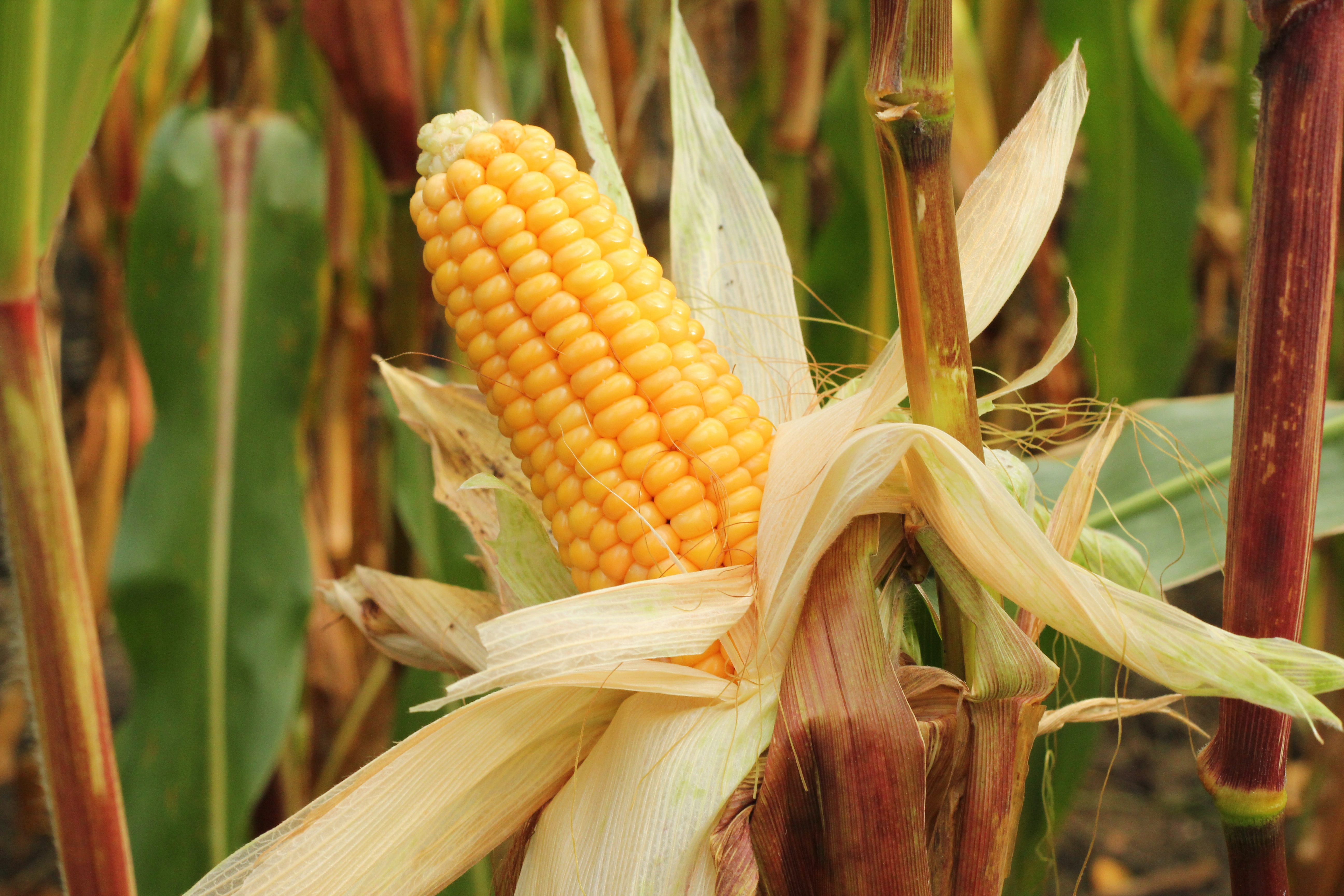
Populism, Democracy and the State: Argentine Rural Movements in Pursuit of Sustainable Development

International Conference: Critical Agrarian Studies in the 21st Century
10-12 October. College of Humanities and Development Studies, China Agricultural University, Beijing, China
To mark the 50th anniversary of the Journal of Peasant Studies (JPS), JPS together with the College of Humanities and Development Studies at China Agricultural University (COHD-CAU), the Collective of Agrarian Scholar-Activists from the South (CASAS) and the Transnational Institute (TNI) are convening an international gathering in October in Beijing, China to critically analyze ecological and agrarian questions in the 21st century.
As we continue to build the growing field of critical agrarian studies, and the spirit of pluralism, internationalism, and political engagement fostered within JPS and the communities to which it is connected, the conference will afford diverse spaces and formats for robust debate, invigorating discussion, and shared learning across key constituencies of scholars, activists, and scholar-activists hailing from many corners of our world. The conference will afford important opportunities to connect with critical agrarian issues on the ground in China.
Andrea P. Sosa Varrotti, Populism, democracy and the State: Argentine rural movements in pursuit of sustainable development
Abstract
Since the 2007-2008 crisis, hate ideologies have re-emerged, possibly shaping a global authoritarian populist axis (Edelman, 2020; Scoones et al., 2018). Much of the discontent is due to the food, economic, environmental and (neo)liberal democracy crises. In Latin America, the right turn is also partially related to the inability of previous ‘progressive’ neo-developmentalist governments that ruled most Southern Cone countries at the beginning of the twenty-first century to change their core socioeconomic structure (Veltmeyer, 2018; Webber, 2017). Even if in some cases and to different extents they gave some attention to small-scale peasant agriculture, these governments’ policies generally resulted in the dispossession of rural majorities, leaving them subject to a renewed wave of concentration.
This paper aims to analyse Argentine rural social movements’ socioeconomic, political, and cultural practices and strategies for achieving food sovereignty through agroecology and fair trade and to characterise peasant-state relations. Based on the study of peasant organisations in Argentina, it will characterise them in terms of:
- The specific grievances, demands and alternatives they deploy regarding food production, distribution and consumption, namely through agroecology and fair trade.
- Their mechanisms of political participation, including leadership types and modes of grassroots participation (Otero 2004).
- Their popular-democratic, culturally innovative strategies to achieve food sovereignty.
- Their relationship with the State (i.e., oppositional, co-opted, independent).
The cases are the Rural Workers Union (UTT) and the Rural-Excluded Workers Movements (MTE-Rural).
This piece will contribute to international debates on the possibilities of radicalising democracy (Mouffe, 2018) and of the emergence of transformative politics responding to democratic deterioration by proposing popular-democratic forms of participation (Castells, 2017) and socioeconomic organisation (Otero, 2018). It will engage with a question not thoroughly addressed by current literature: the role of rural movements in pursuing the popular-democratic objective regarding sustainable, inclusive development and how they should engage with the State to counter right-wing and authoritarian reactions to crises by proposing viable alternatives to them. Its horizon points to the assessment of the possibility of integrating different movements —peasants, migrants, women, ‘popular economy’ actors— into a broader popular and democratic front and the potentialities, challenges and contradictions that such a strategy would entail for them (Borras Jr., 2019; Otero et al., 2020; Wright, 2019)
More information on the International Conference can be found here.